As an essayist, literary historian, and critic, Arvind Krishna Mehrotra has been identified as one of the writers who wrestle with ‘what it means to connect the ideal of personal authenticity with wider forms of cultural identity’ by The Oxford History of Life-Writing (2022). As a poet, Modern Indian Poetry in English (2001) defines him as an experimentalist ‘who . . . has formed a poetic from local material, parody, and the conscious manipulation of chance’. In the late 60s, as a student at the University of Allahabad, Mehrotra started the avant-garde literary magazine damn you: a magazine of the arts, and later in Bombay, he founded ezra (1966-1969) and fakir (1966). In 1976, together with Adil Jussawalla, Arun Kolatkar, and Gieve Patel, he started Clearing House, a small press. Along with Eunice de Souza, they’ve come to be known as the Bombay Poets. Today, he is a renowned figure in contemporary Indian literature, with a voluminous bibliography spanning poetry, literary criticism, history, translation, and essays.
In this interview, I conversed with Mehrotra on The Book of Indian Essays: Two Hundred Years of English Prose (Permanent Black/Black Kite, 2020), an anthology he edited, its earliest essays appearing in periodicals that were, as Henry Derozio described them, ‘short-lived as bugs, and not so infrequent as angel-visits’; his translations of the fifteenth-century bhakti poet Kabir; and of love poems translated from the ancient Indo-Aryan language, Prākrit.
Alton Melvar M Dapanas (AMMD): Let’s talk about your selection process for The Book of Indian Essays: Two Hundred Years of English Prose (Black Kite, 2020). In an interview with Saikat Majumdar for Ashoka University, you commented that you had wanted to include V. S. Naipaul and Jhumpa Lahiri, but had to ‘narrow the field’.
Arvind Krishna Mehrotra (AKM): The suggestion to do an anthology of Indian essays came from Rukun Advani, the publisher of Permanent Black/Black Kite. We discussed a few names—perhaps also some essays to possibly include—but at the time nothing came of the idea. Then, in 2019, under a pile of brown paper envelopes, I came across one marked ‘Black Kite essays’. I’d recently finished reading the proofs of Translating the Indian Past and had been wondering what to do next. In that envelope was the answer: a bunch of photocopies, the beginnings of what became The Book of Indian Essays.
It was decided early on—more for practical reasons than parochial ones—to exclude writers who had spent most, if not all, of their lives outside India. The exceptions were Santha Rama Rau and Victor Anant, forgotten writers who I felt should be brought back into the conversation—not that any conversation was taking place. By leaving out Naipaul, Lahiri, and a few others, I was also able to bring in people like Gautam Bhatia, who is an architect, and the historian Sanjay Subrahmanyam.
Since the essay is more pliable than poetry or fiction, it has been wielded with considerable style and effect by writers who might be widely known for their work in their professional fields—as Bhatia and Subrahmanyam are—but are less visible as essayists in English. I’ve always been slightly more interested in the less visible than I am in those who are always in the limelight. The latter can look after themselves and are doing it very well. There will, however, come a time when present limelight will fade into the harsh glow of oblivion, and they too will be forgotten—which is why we need literary histories and anthologies. READ MORE…

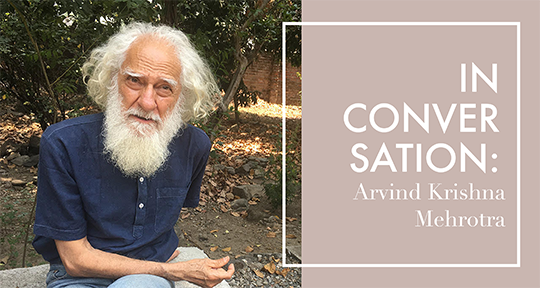

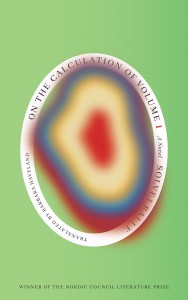

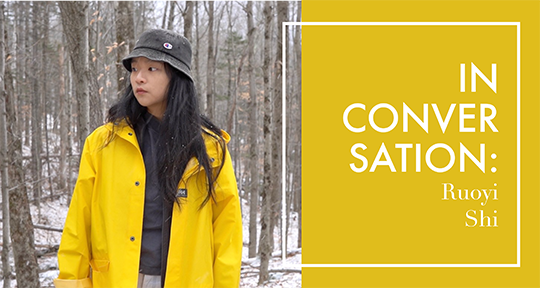
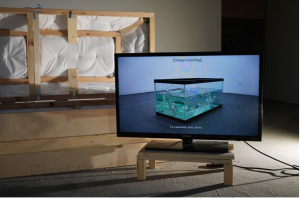
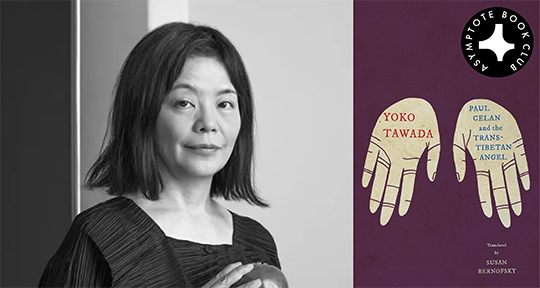

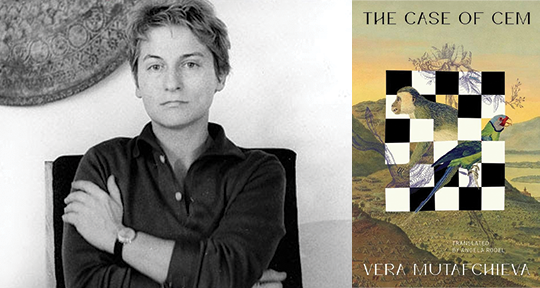

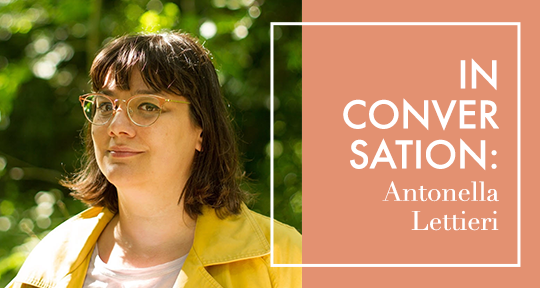
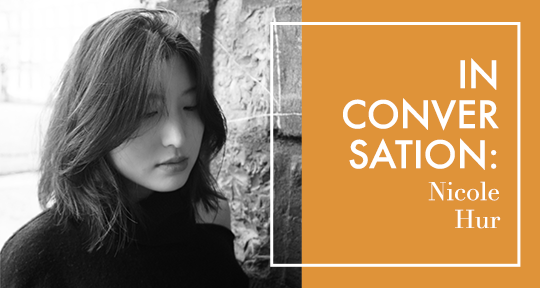

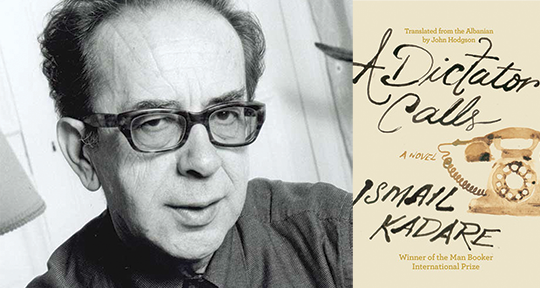

Blog Editors’ Highlights: Winter 2025
Reviewing the manifold interpretations and curiosities in our Winter 2025 issue.
In a new issue spanning thirty-two countries and twenty languages, the array of literary offers include textual experiments, ever-novel takes on the craft of translation, and profound works that relate to the present moment in both necessary and unexpected ways. Here, our blog editors point to the works that most moved them.
Introducing his translation of Franz Kafka’s The Trial in 2012, Breon Mitchell remarked that with every generation, there seems to be a need for a new translation of so-called classic works of literature. His iteration was radically adherent to the original manuscript of The Trial, which was diligently kept under lock and key until the mid-fifties; by then, it was discovered exactly to what extent Max Brod had rewritten and restructured the original looseleaf pages of Kafka’s original draft. It is clear from Mitchell’s note that he considers this edit, if not an offense to Kafka, an offense to the reader who has lost the opportunity to enact their own radical interpretation of the work: an interpretation that touched Mitchell so deeply, he then endeavored to recreate it for others.
In Asymptote’s Winter 2025 Issue, the (digital) pages are an array of surprising turns of phrase and intriguing structures—of literature that challenges what we believe to be literature, translations that challenge what we believe to be originality, and essays that challenge what we believe to be logic. I am always drawn to the latter: to criticism, and writing about writers. As such, this issue has been a treat.
With the hundredth anniversary of Kafka’s death just in the rearview and the hundredth anniversary of the publication of The Trial looming ever closer, the writer-turned-adjective has not escaped the interest of Asymptote contributors. Italian writer Giorgio Fontana, in Howard Curtis’s tight translation, holds a love for Kafka much like Breon Mitchell. In an excerpt from his book Kafka: A World of Truth, Fontana discusses how we, as readers, repossess the works of Kafka, molding them into something more simplistic or abstract than they are. In a convincing argument, he writes: “The defining characteristic of genius is . . . the possession of a secret that the poet has no ability to express.” READ MORE…
Contributors:- Bella Creel
, - Meghan Racklin
, - Xiao Yue Shan
; Languages: - French
, - German
, - Italian
, - Macedonian
, - Spanish
; Places: - Chile
, - France
, - Italy
, - Macedonia
, - Switzerland
, - Taiwan
, - Turkey
; Writers: - Agustín Fernández Mallo
, - Damion Searls
, - Elsa Gribinski
, - Giorgio Fontana
, - Lidija Dimkovska
, - Sedef Ecer
; Tags: - dystopian thinking
, - identity
, - interpretation
, - nationality
, - painting
, - political commentary
, - revolution
, - the Cypriot Question
, - the Macedonian Question
, - translation
, - visual art
, - Winter 2025 issue
, - world literature